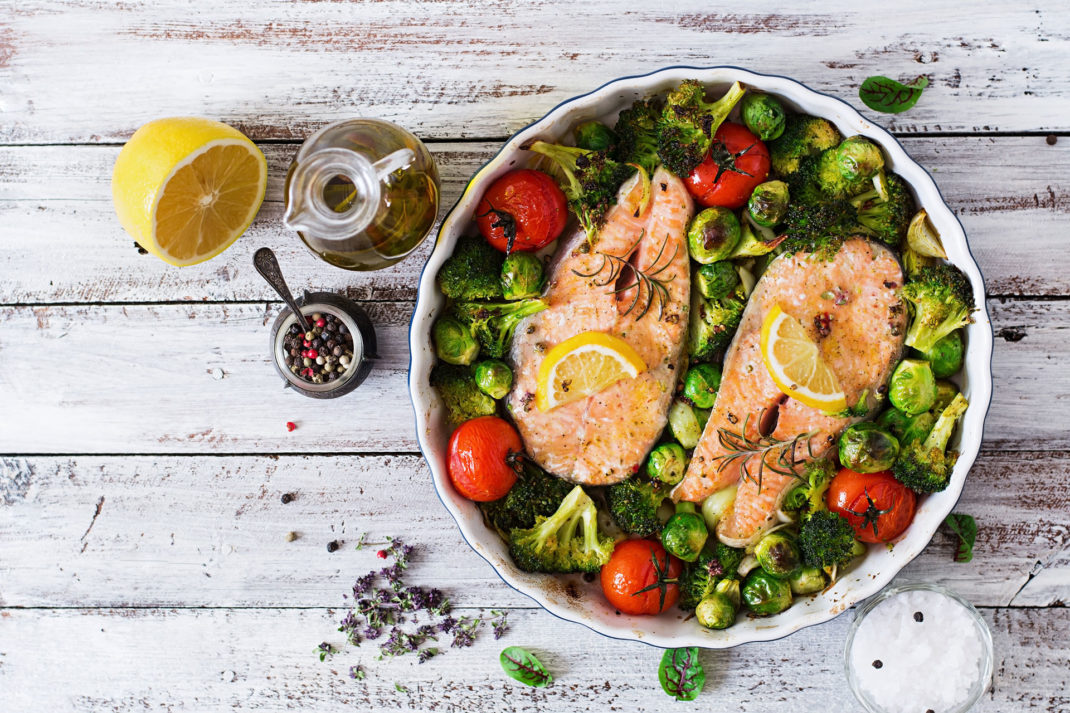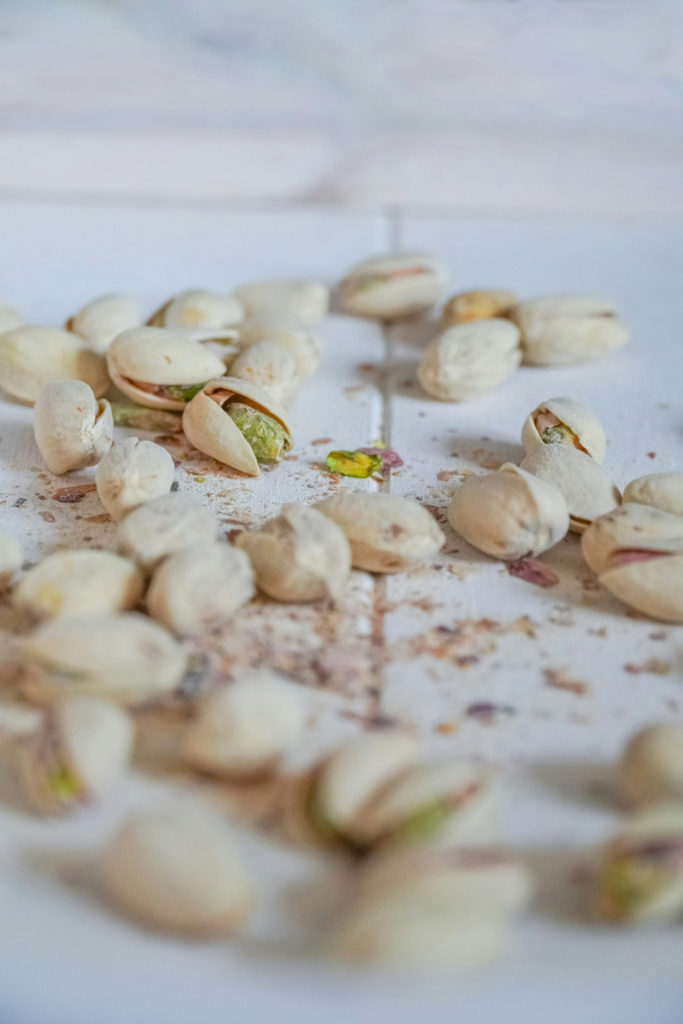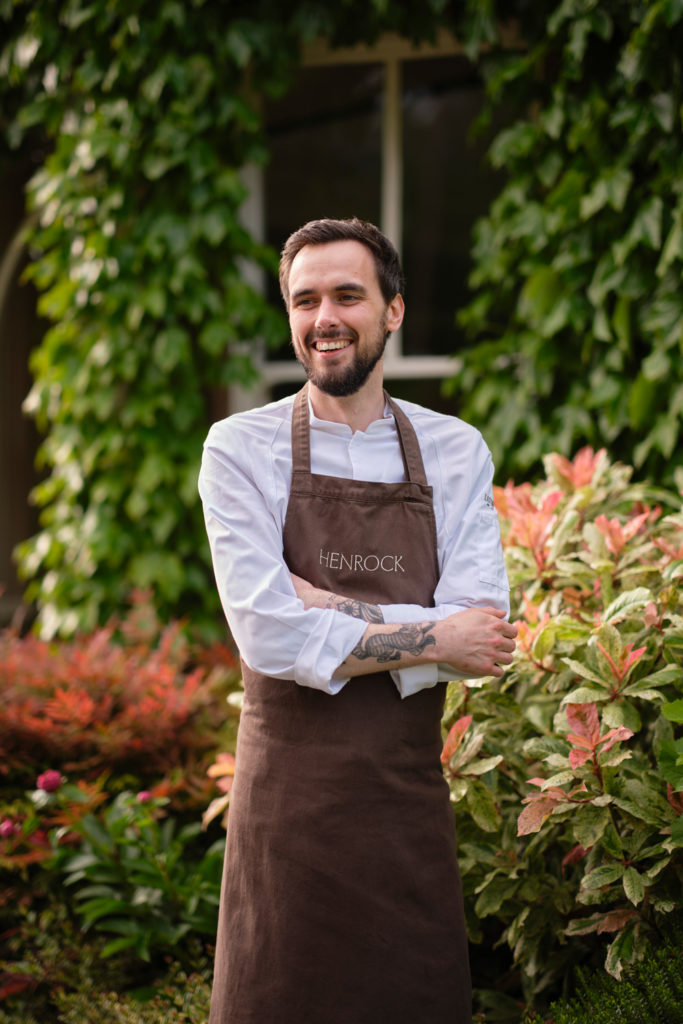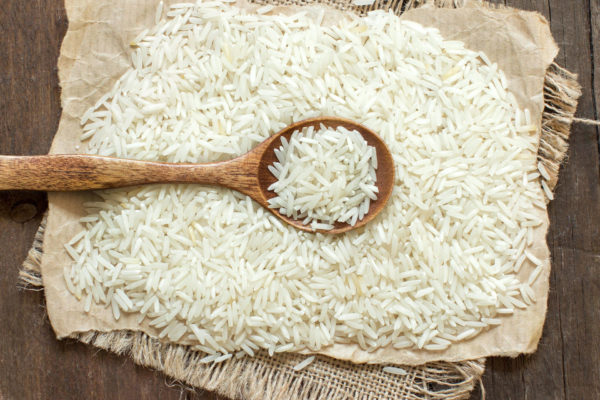The Valencia Diet: A Nutritionist’s Take
By
8 months ago
TikTok's latest health trend, debunked

TikTok is awash with diet trends right now. First the carnivore diet – which involves solely eating animal products – went viral, followed by its even more restrictive cousin, the lion. The latest trending eating plan is the Valencia diet, a ‘lifestyle’ popularised by Daniel Valencia, a Texas-based doctor of osteopathic medicine, who claims it can help with everything from weight loss to reduced inflammation.
Valencia’s recommendations share many similarities with the Mediterranean diet, often viewed as the gold standard of health, and the plan is certainly less extreme than the aforementioned diets. But would an expert recommend it? We asked Kim Pearson, a nutritionist specialising in weight loss, whether a one-size-fits-all approach can ever work when it comes to dietary needs (spoiler alert: the answer is no, although there are some positive takeaways from Valencia’s plan).
What Is The Valencia Diet?
In one of his TikTok videos (in which he shares health and lifestyle tips, speaking in Spanish and translating to English), Mexican-born Valencia says he released the diet in early 2023 as a weight loss tool. Since then, he has amassed millions of views and likes on the platform, and his full diet plan is available to buy online. The daily food guidelines are:
- Breakfast: Three fruits and one non-meat protein
- Snack (optional): One large fruit
- Lunch: Three veggies, one protein, one carbohydrate
- Dinner: Veggies, legumes, and/or salad, one non-meat protein, and one fruit
If you have diabetes, he recommends:
- Breakfast: Two low-glycemic fruits* or two vegetables
- Snack: One non-meat protein
- Lunch: Three vegetables, one protein, one carbohydrate
- Dinner: Veggies, legumes, or and/or salad and two non-meat proteins
Valencia also advises sticking to 1,500 calories each day, and incorporating four ‘cheat meals’ into your diet each week. Followers of the plan are also encouraged to fast for 12 hours overnight, and incorporate 20-minute walks or workouts into their daily routine.
@doctordanielvalencia You got this!!! 🐸🤩🥰😘 #valencialifestyle #doctordanielvalencia ♬ original sound – doctorvalencia
A Nutritionist’s View On The Valencia Diet
Is the Valencia diet healthy?
There are positive aspects of the Valencia diet, such as the focus on whole foods, plenty of vegetables and protein. A 12 hour overnight fasting window is also recommended, which works well for most people. In the sample diet plans available online, little emphasis is given to healthy fats. In fact, fat free cottage cheese and omelettes with ‘mostly egg whites’ would suggest an aversion to fat. Healthy fats are vital for good health and olive oil in particular has a wide range of health benefits. I think that three pieces of fruit for breakfast is a little excessive. In his videos online, Valencia encourages the consumption of large portions of fruit for breakfast. While fruit is healthy when consumed in moderation, eating a lot together is likely to spike blood sugar levels. You would be better off consuming a couple of portions of vegetables – such as some mushrooms and spinach in an omelette – and having one portion of fruit.
What are the potential benefits?
Valencia (who is a doctor of osteopathy, not a medicine doctor) claims that his diet helps people lose weight, control sugar and inflammation levels, improve bowel movements, and regulate their menstrual cycles. Certainly a diet based on fibre and protein-rich whole foods will provide significant benefits in comparison to the Standard American Diet (or ‘SAD’ as it’s come to be known).
What’s your view on ‘cheat meals’?
Firstly I am really not a fan of the term ‘cheat’ as it implies doing something wrong. I think the language we use is important. Personally, I prefer to refer to them as treat meals. While I am not against treat meals, four per week is a little excessive if you’re trying to lose weight. It’s possible to lose weight while still eating tasty, satisfying meals. Therefore we shouldn’t need to incorporate treats on an every other day basis. For many of the clients I work with, this would be enough to prevent them from losing weight.

The Mediterranean diet has a focus on fish (c) Getty Images
How does the Valencia diet differ from the Mediterranean diet?
There are similarities between the Valencia diet and the Mediterranean diet: they both promote fruits, vegetables, and proteins. However, there are some differences between the two diets. One primary difference is that the Mediterranean diet has been studied extensively, unlike the Valencia diet. The Mediterranean diet promotes a wider variety of foods, with an emphasis on extra virgin olive oil, and the inclusion of fish and seafood several times per week. The Mediterranean diet has known health benefits and has been shown to reduce the risk of chronic diseases like cardiovascular disease and type 2 diabetes.
Would you recommend this diet to anyone?
As a nutritionist who specialises in weight loss, my work in clinic focuses on providing personalised solutions to people who are looking to improve their health and lose weight. While there might be some cross over in the recommendations I give my clients, I highly doubt I would ever give one of my clients a copy of the Valencia diet.
Could it help with weight loss?
Sticking to a 1500 calorie a day diet that provides plenty of fibre rich vegetables and good sources of protein should result in weight loss for most people. That said, with a generic diet plan like this, the chances are that any weight lost will be regained again once the diet stops.
Many of the clients my team and I work with struggle to manage their weight due to challenges like the menopause, underactive thyroid, emotional or ‘non-hunger’ eating, and lifestyle challenges. The clients we work with often require a more sophisticated approach to weight loss that tackles the root cause of their weight challenges. This is what’s typically required to ensure our clients not only achieve a weight they’re happy with, but also to ensure they maintain it long term.
Kim Pearson is a British nutritionist, clinical director, and wellness editor. She specialises in weight loss, metabolic health, and longevity. Kim and her team work with a global clientele who rely on them to provide personalised, practical strategies for optimising their health and effectively managing their weight. She is recommended by leading doctors and serves as the lead nutritionist at RoseBar longevity clinic, led by renowned functional medicine doctor Mark Hyman.






